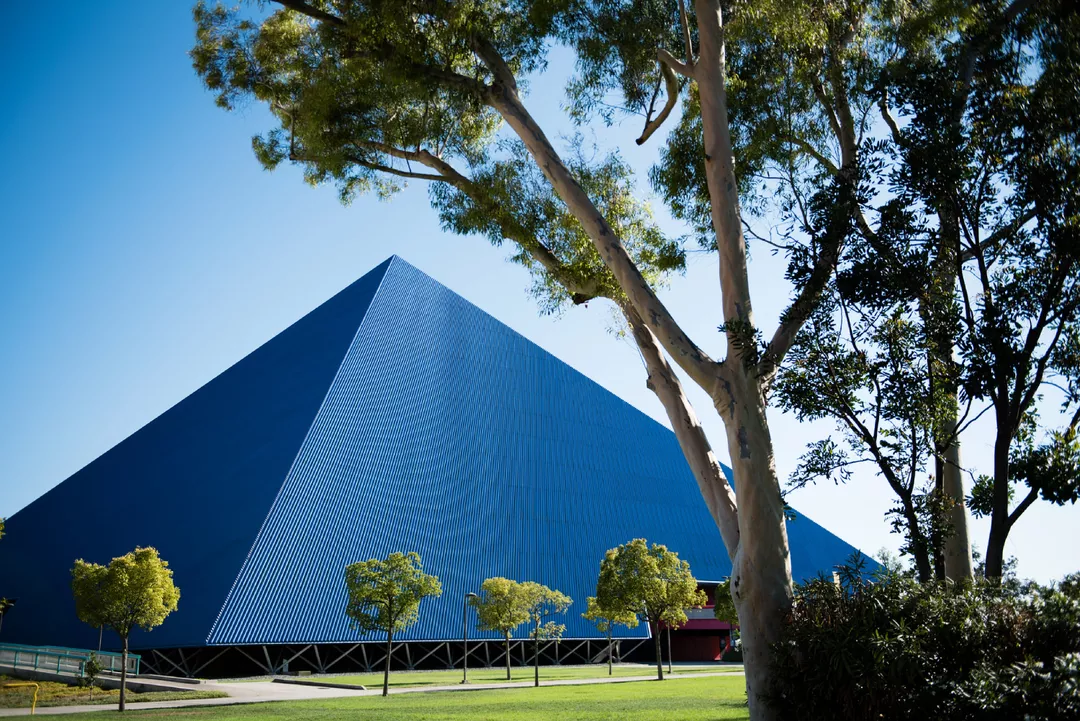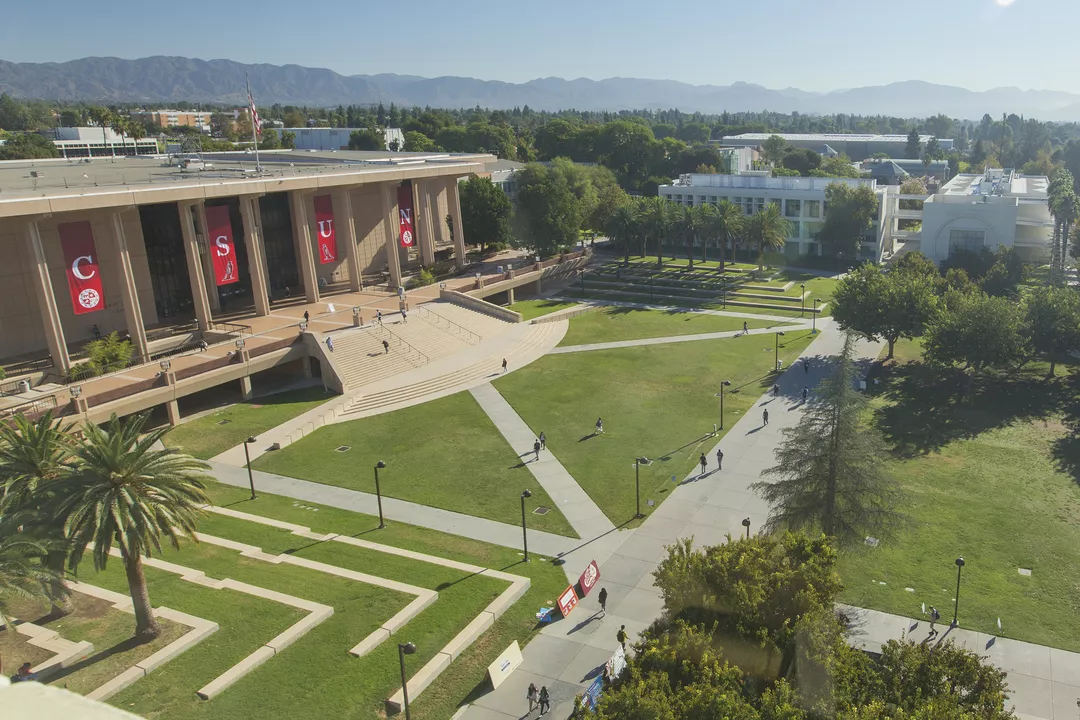-
hello@abroadcube.com
Mail us
-
Call For Help:
98779 83783
-
Whatsapp Us
70090 34921
The graduate program in Family and Consumer Sciences leads to a Master of Science degree with an option in either Apparel Design and Merchandising or Consumer Affairs and Family Studies. The program is designed to educate students to synthesize and apply pertinent information, theories, literature and arguments toward designing evidence-based solutions within their professional areas of interest in Family and Consumer Sciences (FCS).
The 33-unit graduate degree program includes 18 units of core curriculum about research, leadership and salient aspects of the overarching field of FCS. Students in either option complete 12 units of option-specific curriculum focusing on professional and research competencies in respective fields, through courses that span across theory, practice and application. A 3-unit culminating experience can be completed in the form of a comprehensive exam, research thesis or creative project.
| Level | Masters |
| Discipline | Arts and Humanities |
| Duration | 24 months |
| Intakes | Jan, Sep |
| Application Fees | USD 70 |
| Tuition Fees | USD 15626 |
| Campus | Northridge |
| Language proficiency (minimum) | |
| IELTS | 6.5 |
|---|---|
| TOEFL | 79 |
| PTE | 58 |
| Duolingo | 105 |
| Exam proficiency (minimum) | |
| SAT | Not Required / Waiver |
|---|---|
| ACT | Not Required / Waiver |
| GRE | Not Required / Waiver |
| GMAT | Not Required / Waiver |
Minimum GPA - 77%
QS Quacquarelli Symonds is the world’s leading provider of services, analytics, and insight to the global higher education sector, whose mission is to enable motivated people anywhere in the world to fulfil their potential through educational achievement, international mobility, and career development.
THE (Times Higher Education) has been providing trusted performance data on universities for students and their families, academics, university leaders, governments and industry, since 2004. We create university rankings to assess university performance on the global stage and to provide a resource for readers to understand the different missions and successes of higher education institutions.
The Academic Ranking of World Universities (ARWU) was first published in June 2003 by the Center for World-Class Universities (CWCU), Graduate School of Education (formerly the Institute of Higher Education) of Shanghai Jiao Tong University, China, and updated on an annual basis
The "Webometrics Ranking of World Universities" is an initiative of the Cybermetrics Lab, a research group belonging to the Consejo Superior de Investigaciones Científicas (CSIC), the largest public research body in Spain. CSIC is among the first basic research organizations in Europe. The CSIC consisted in 2006 of 126 centers and institutes distributed throughout Spain.



